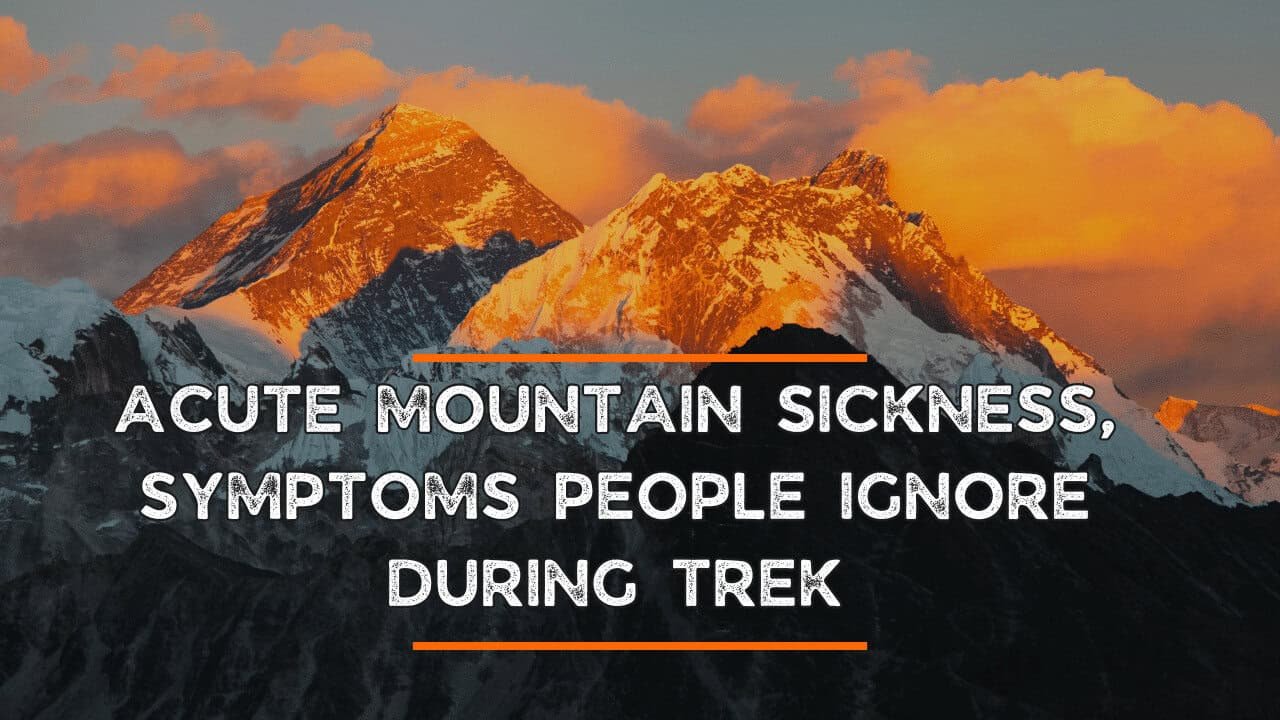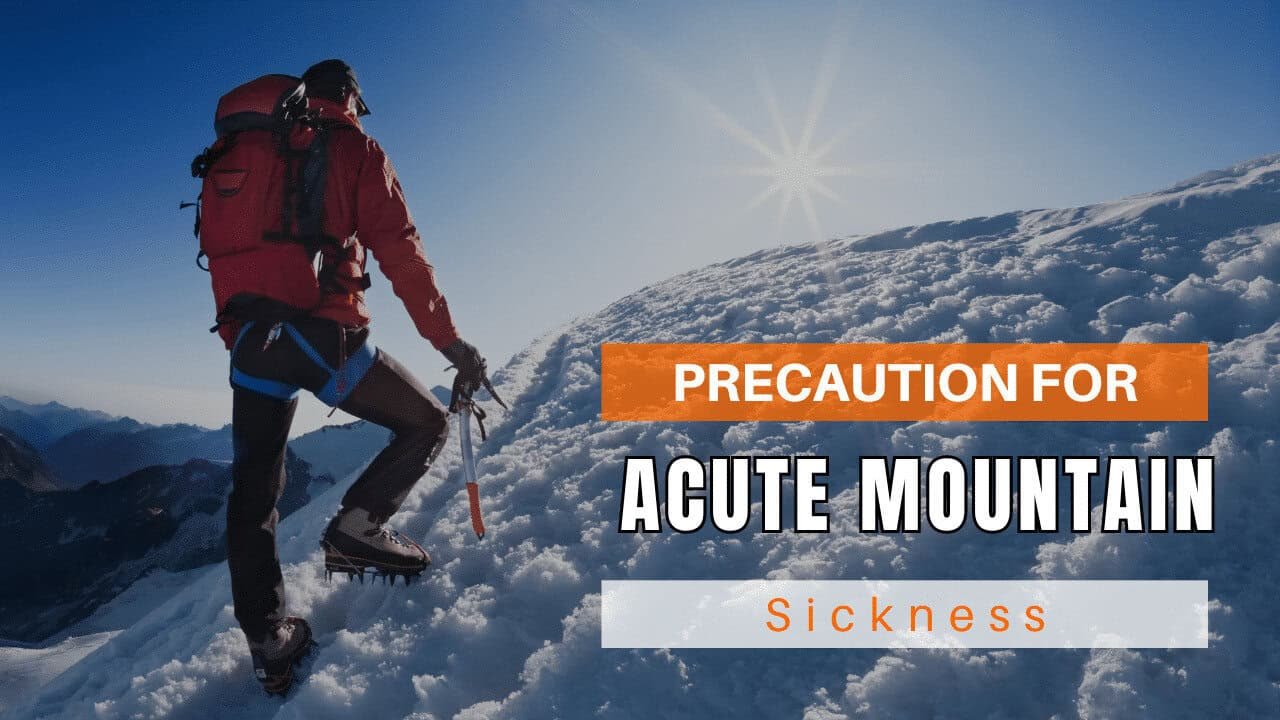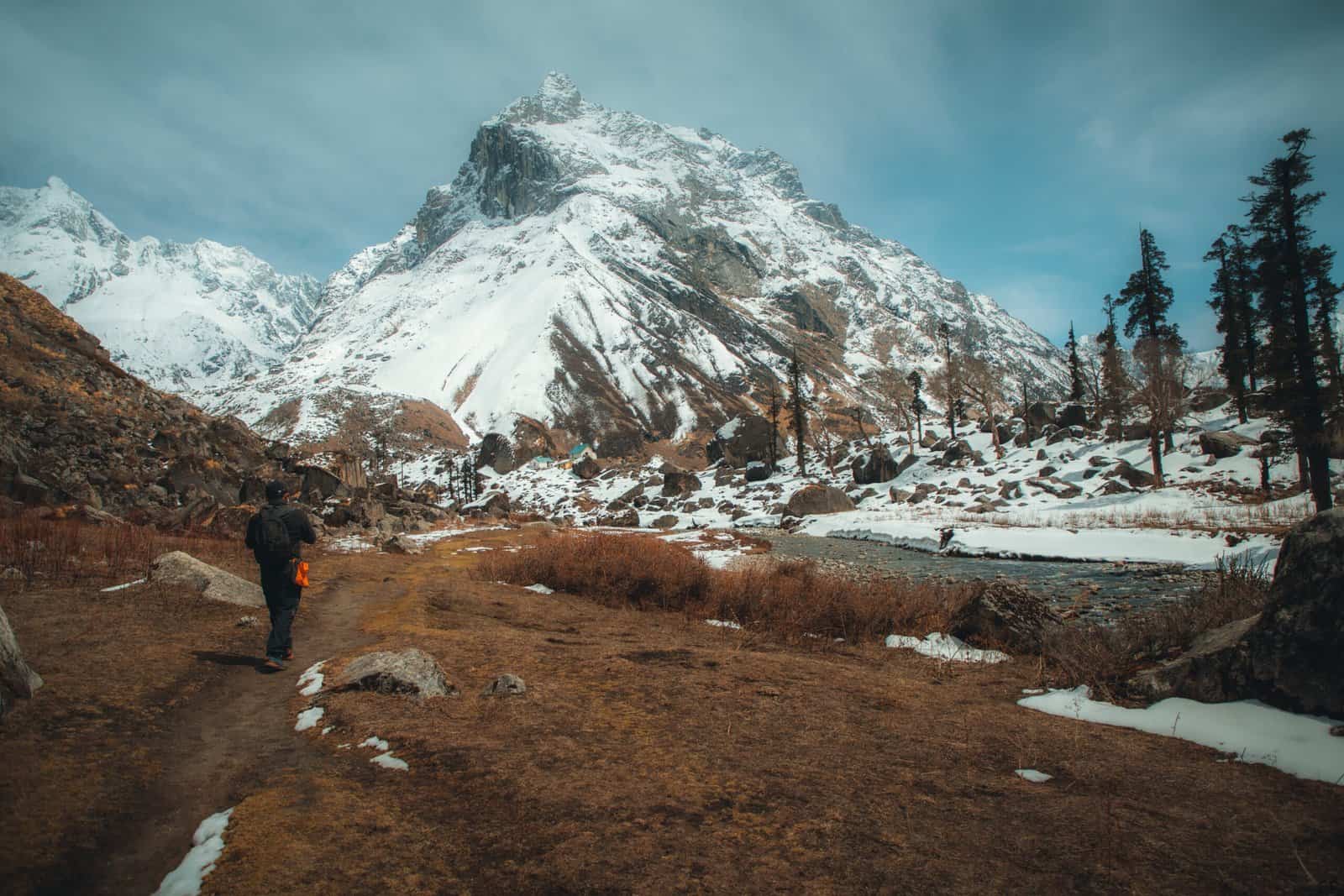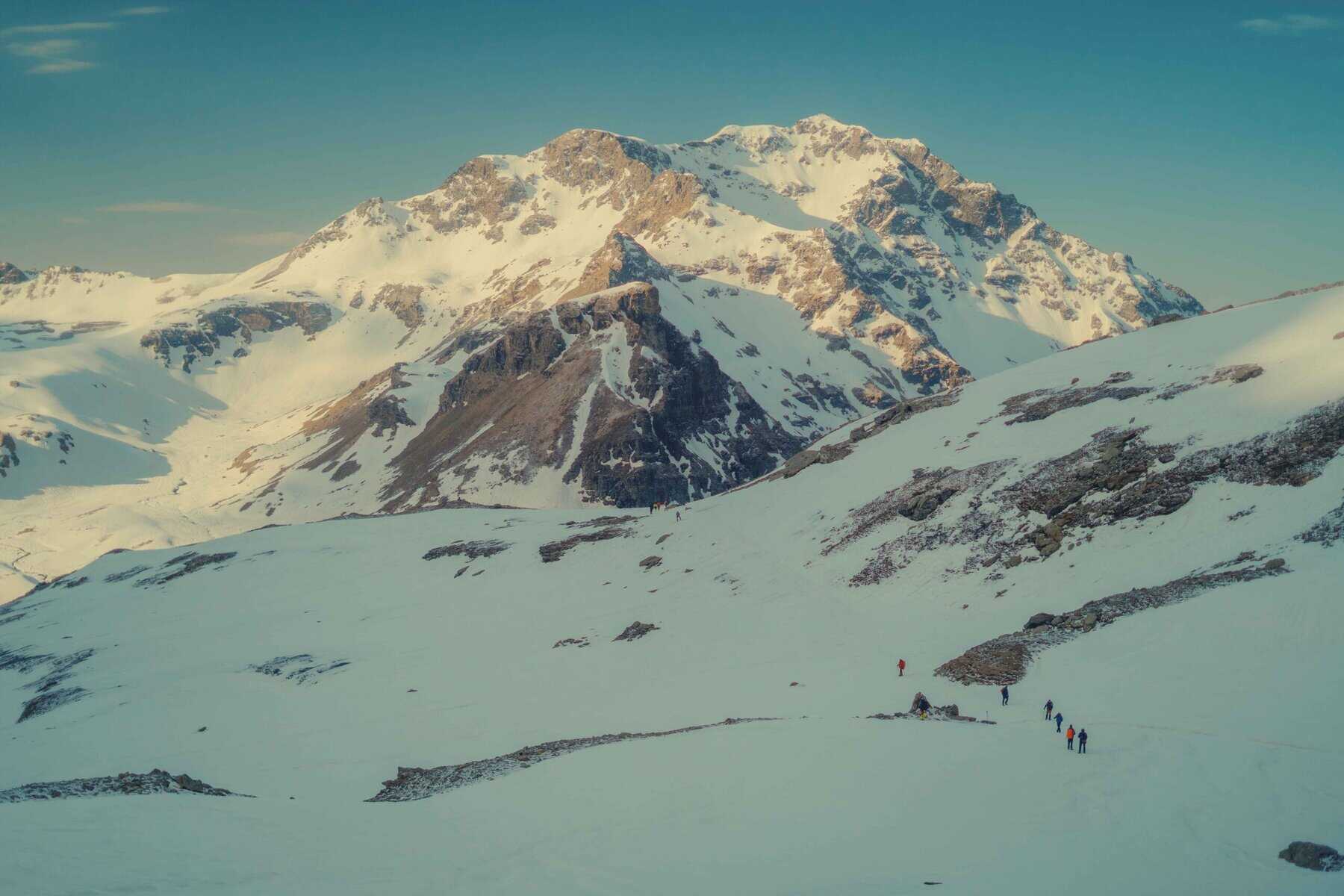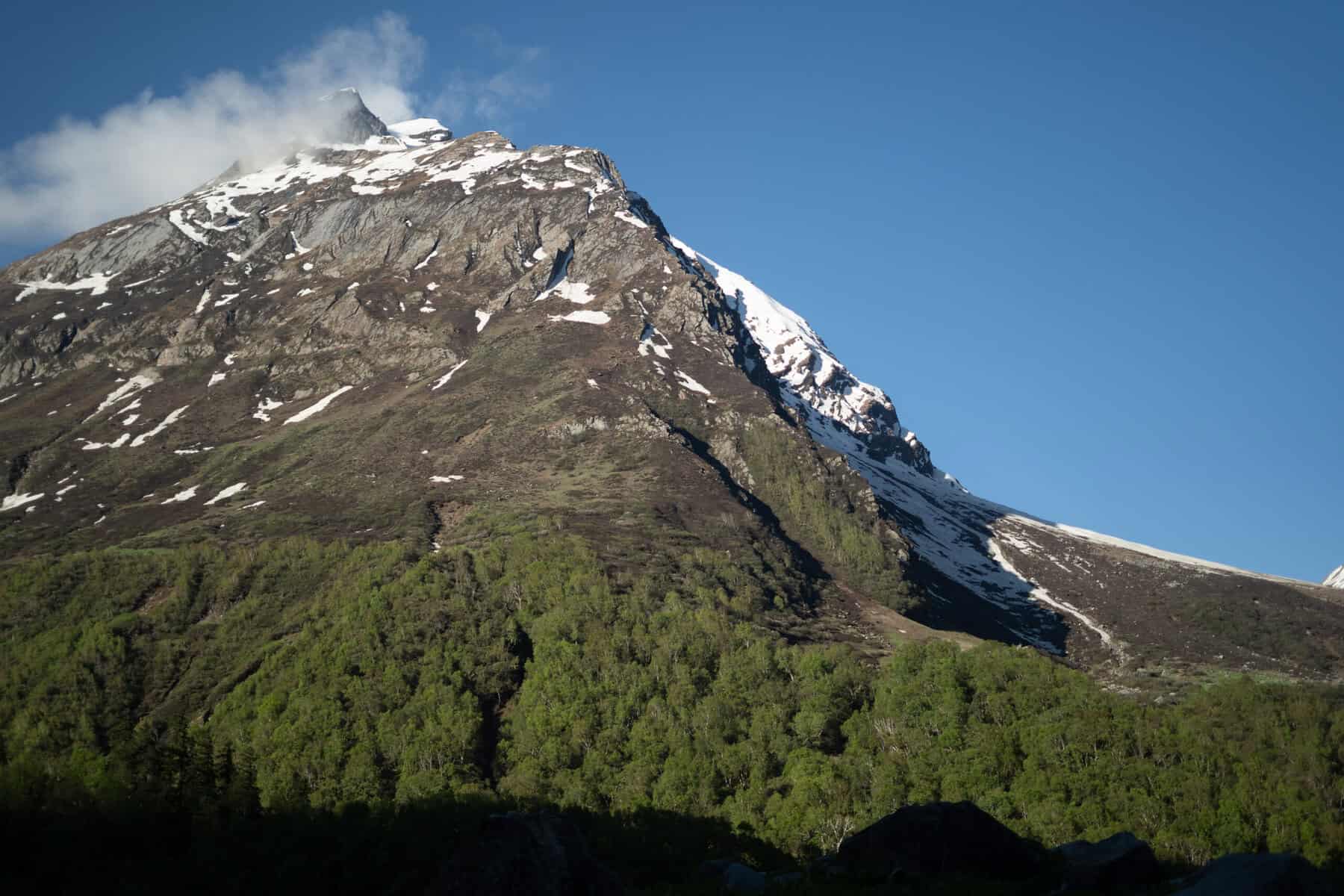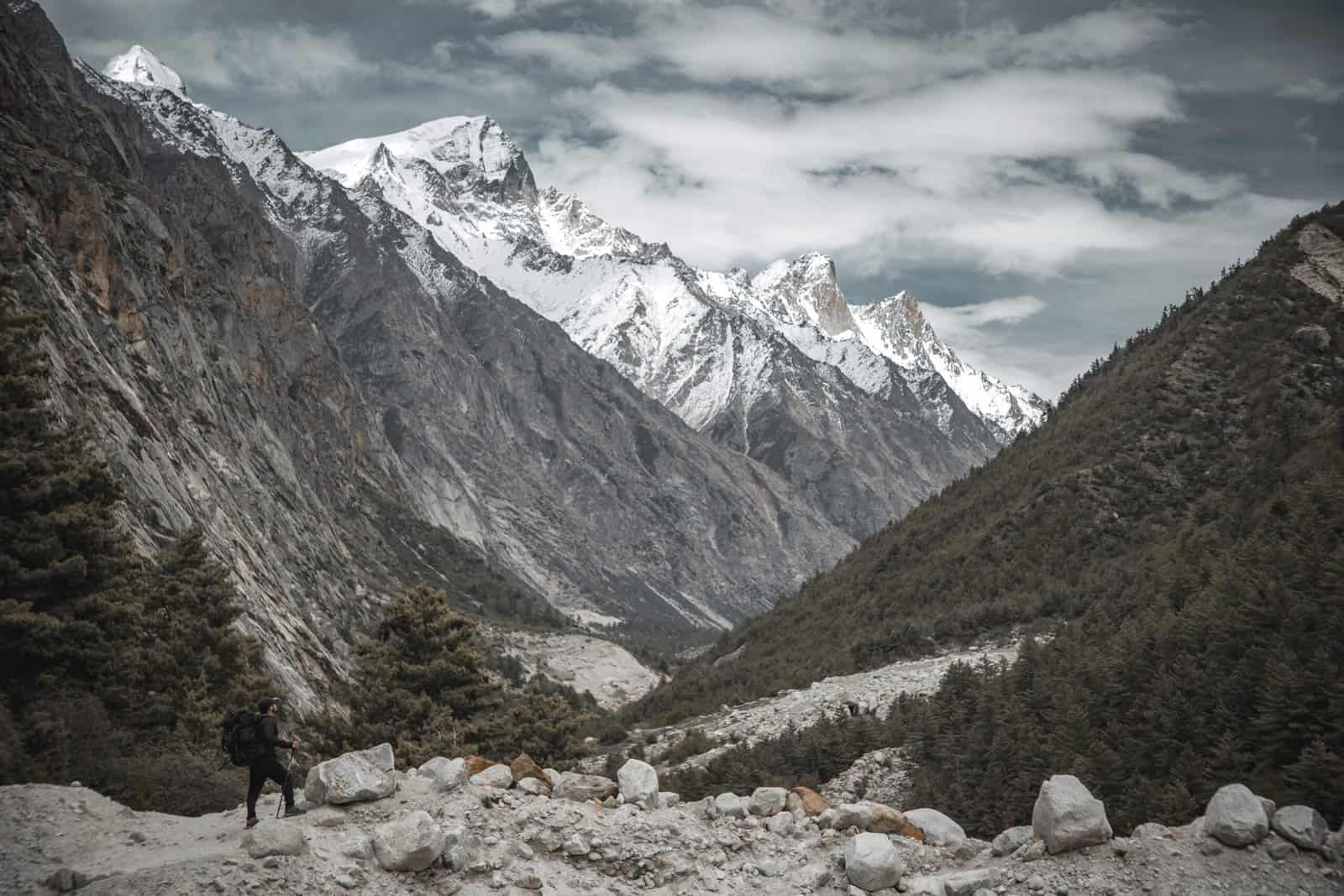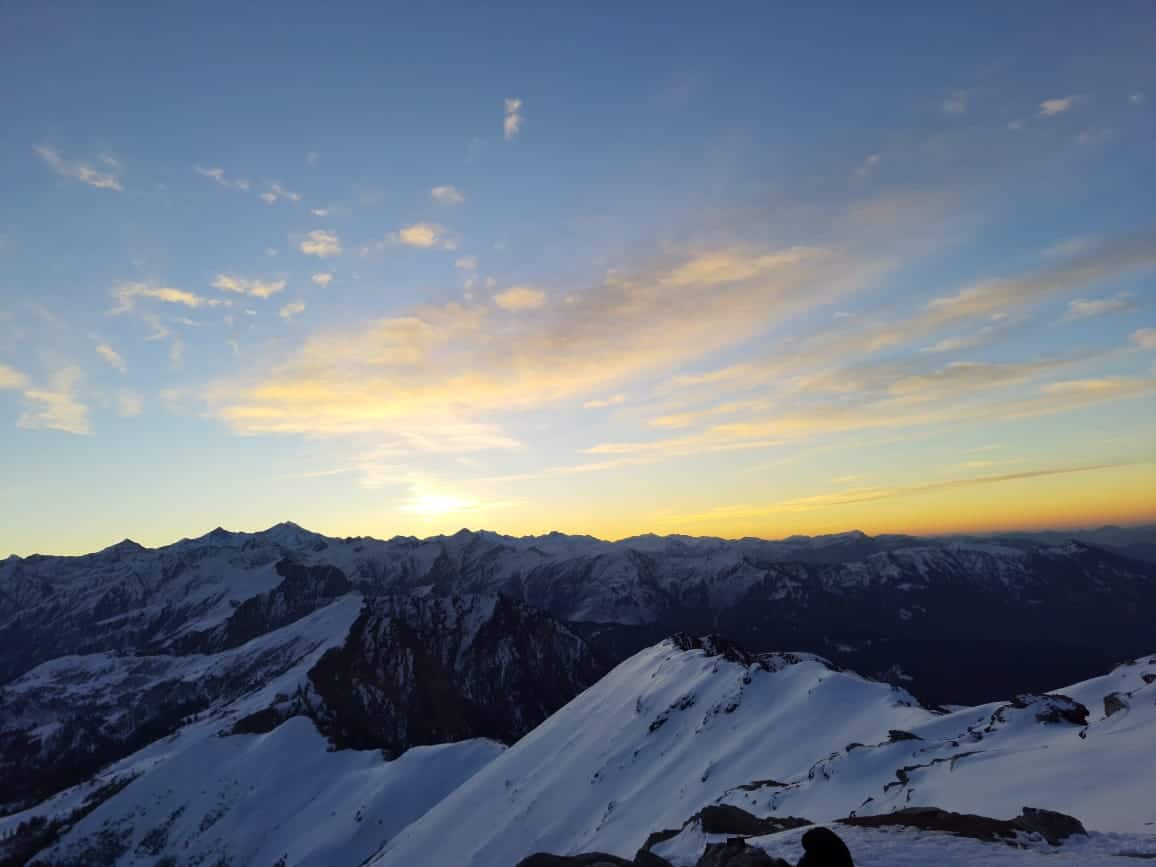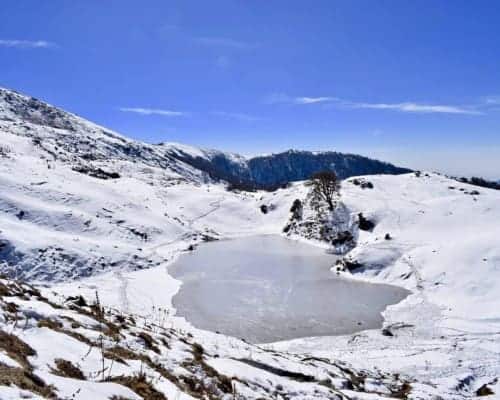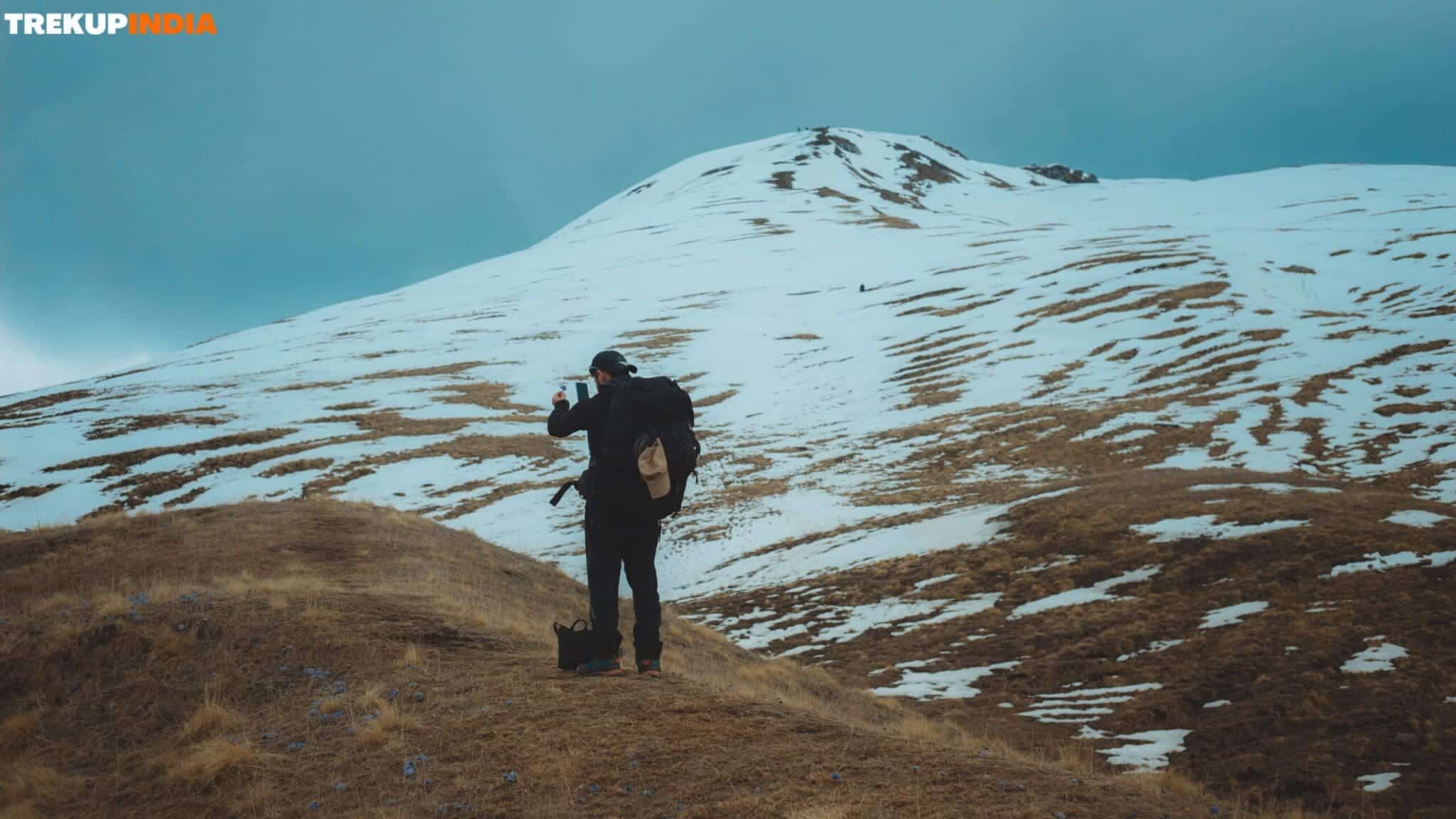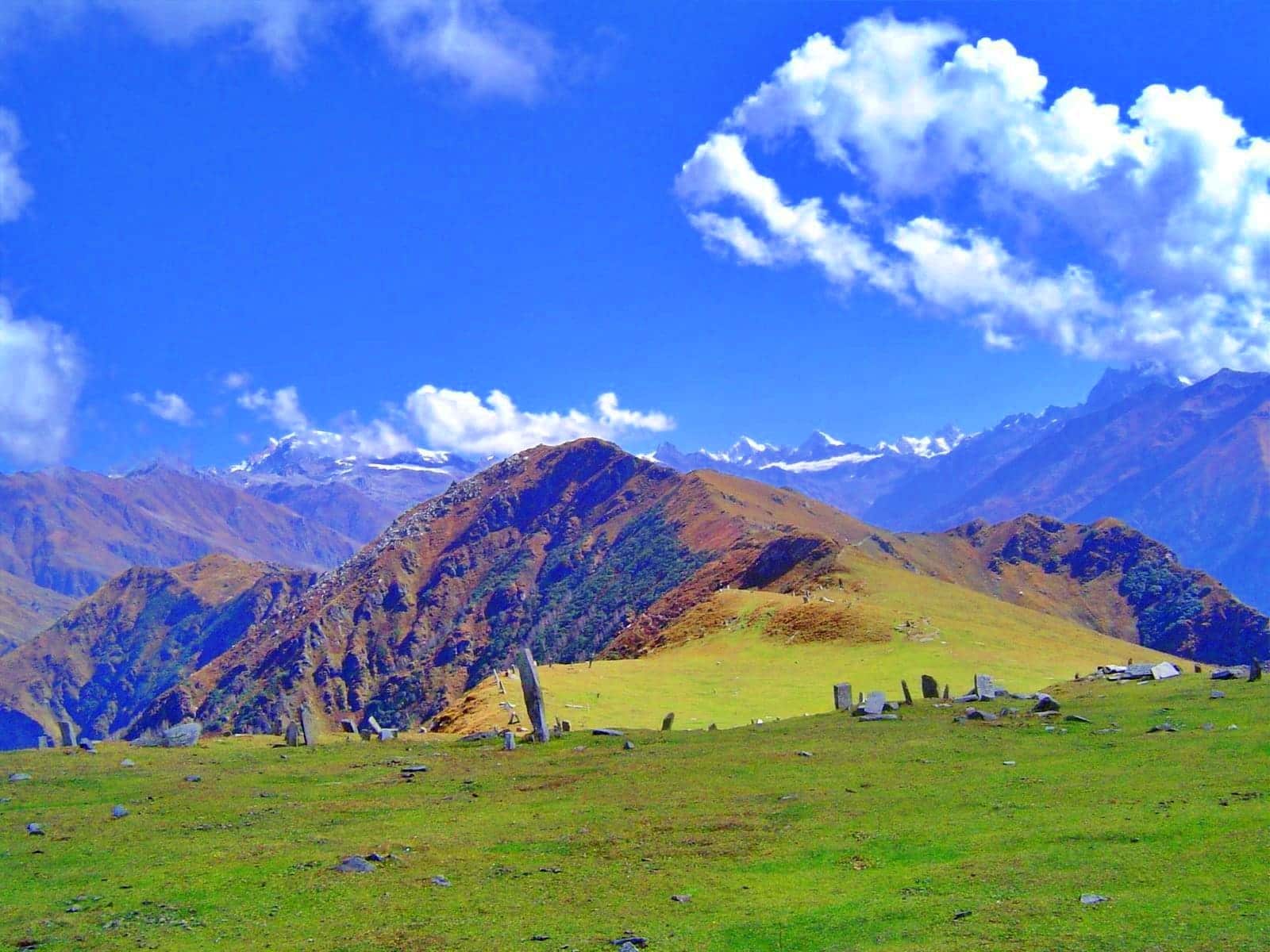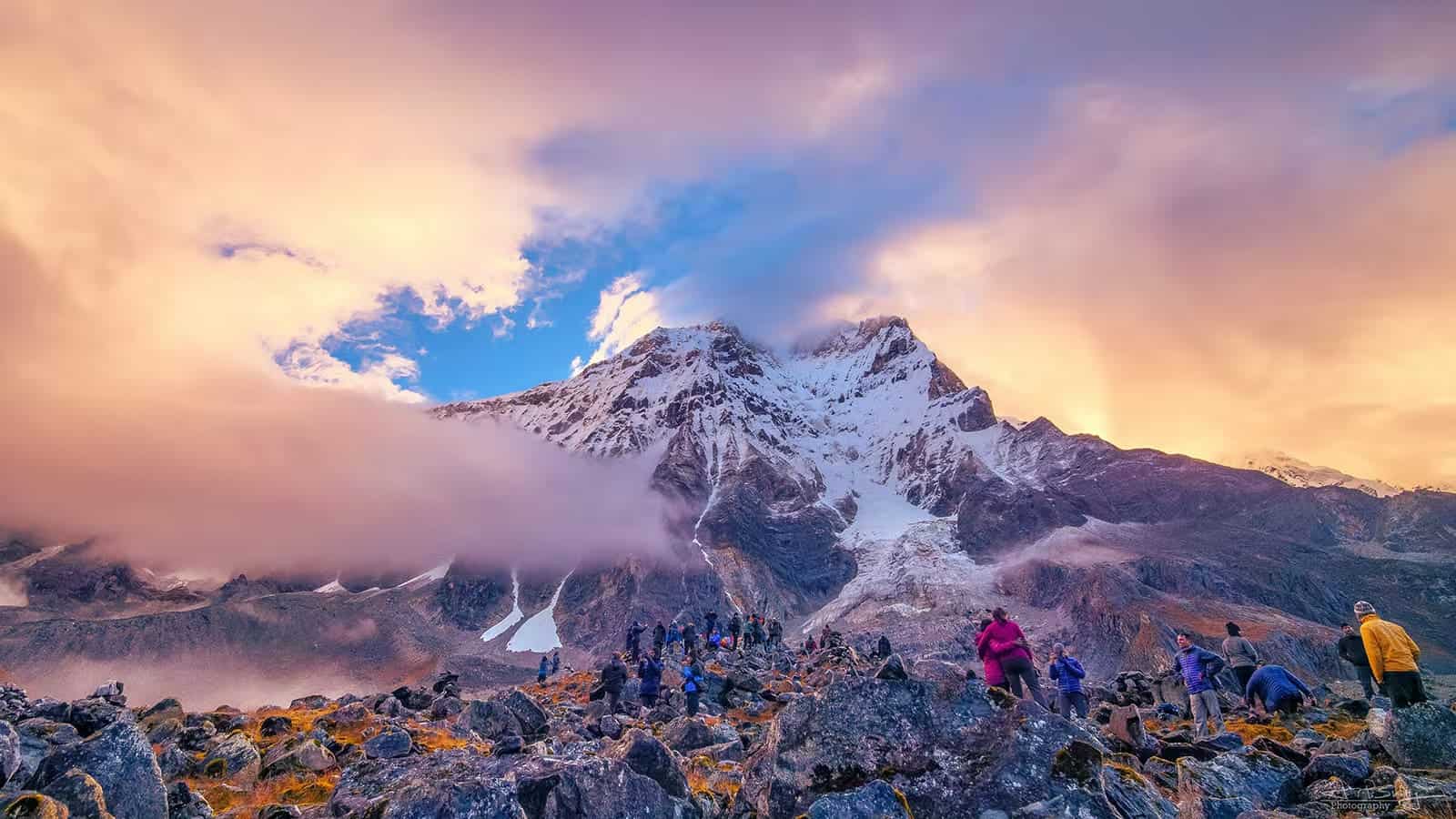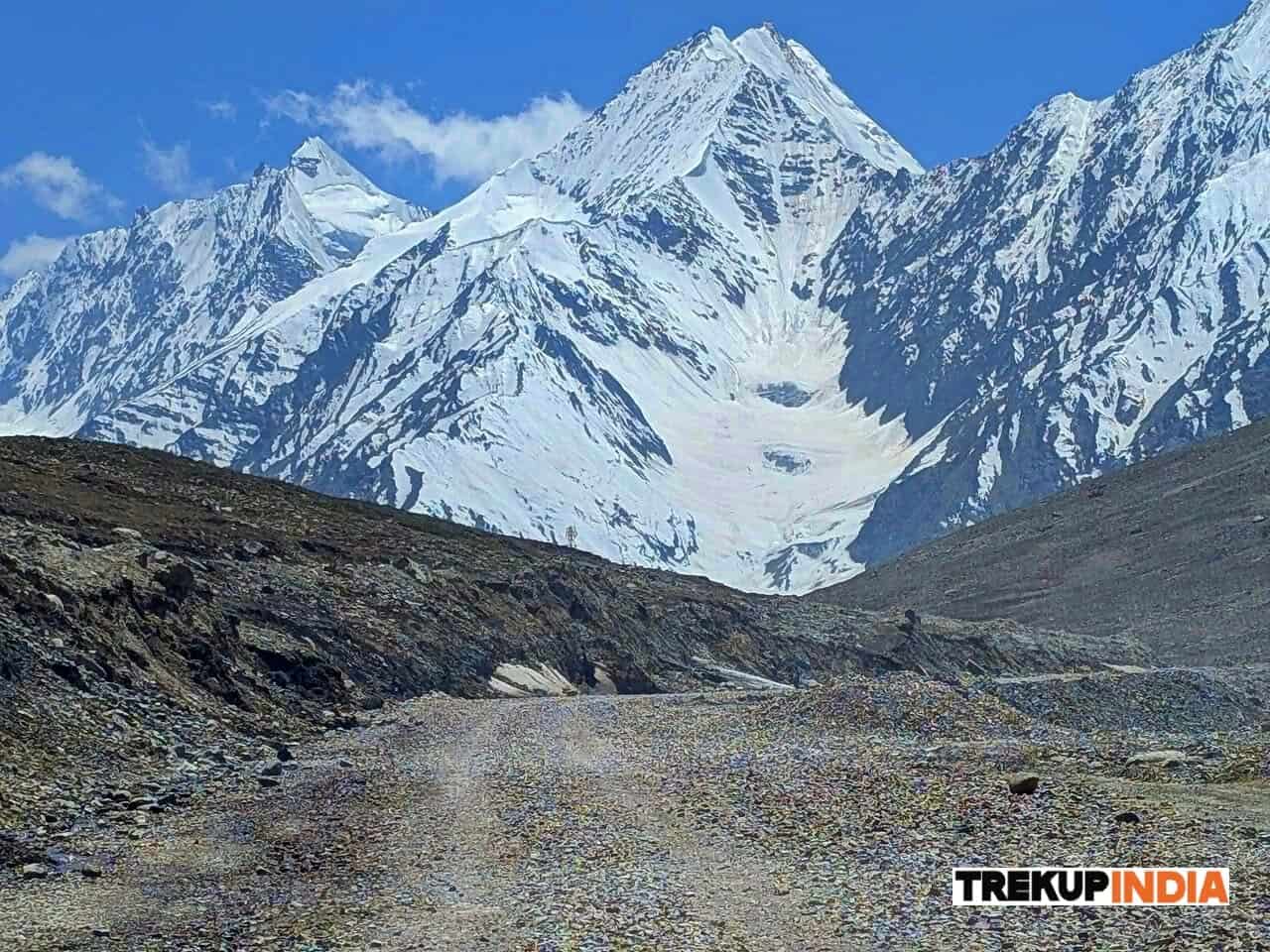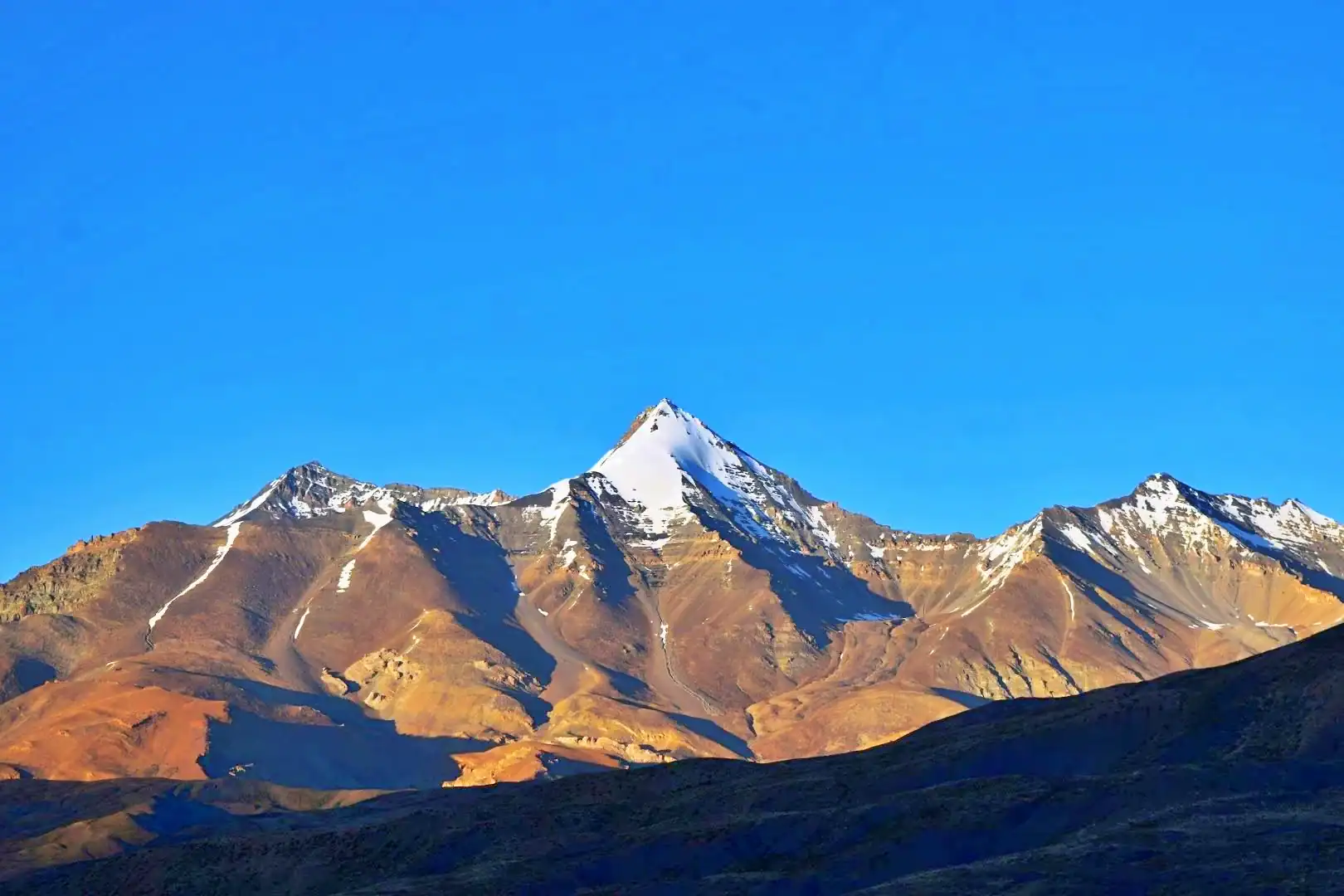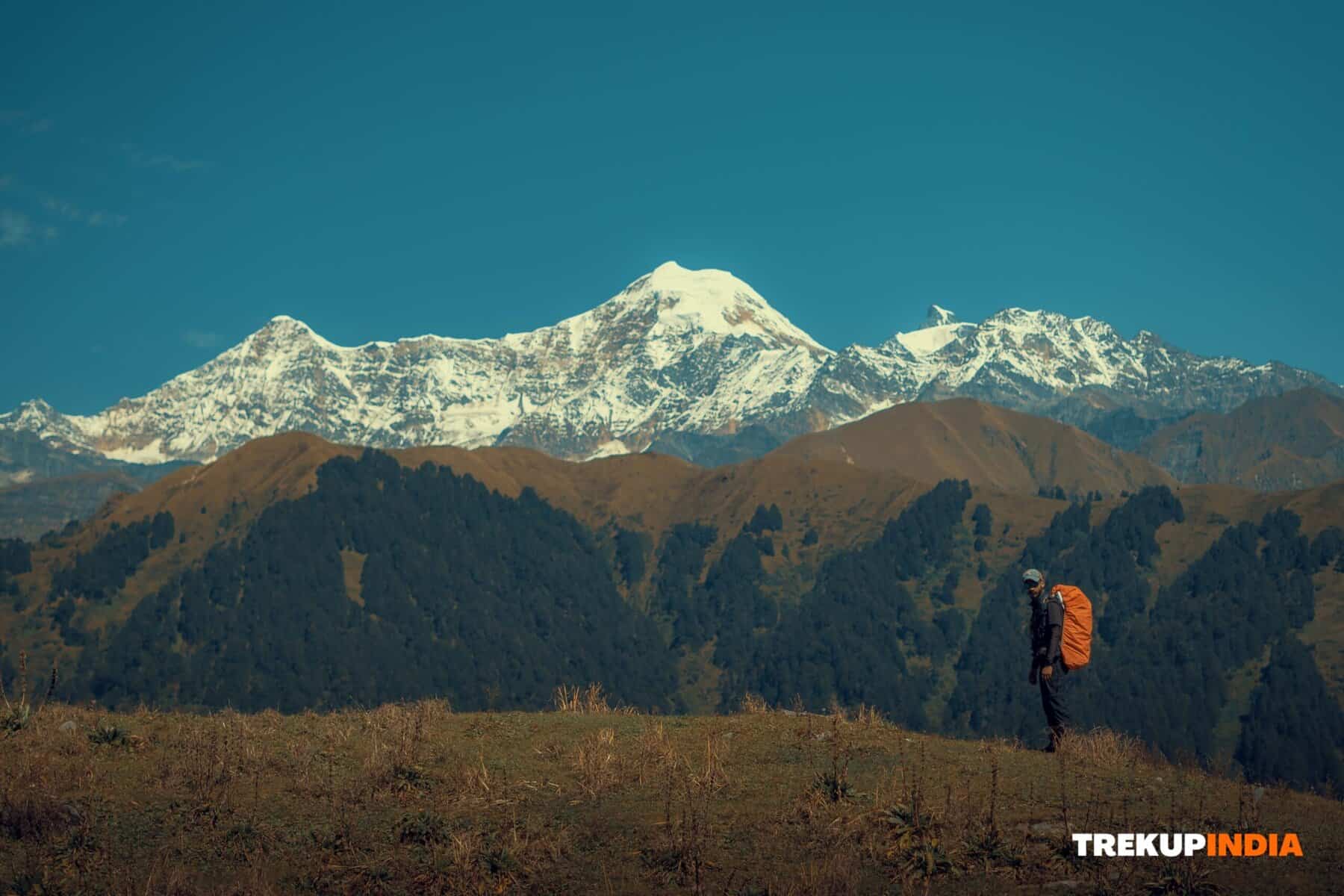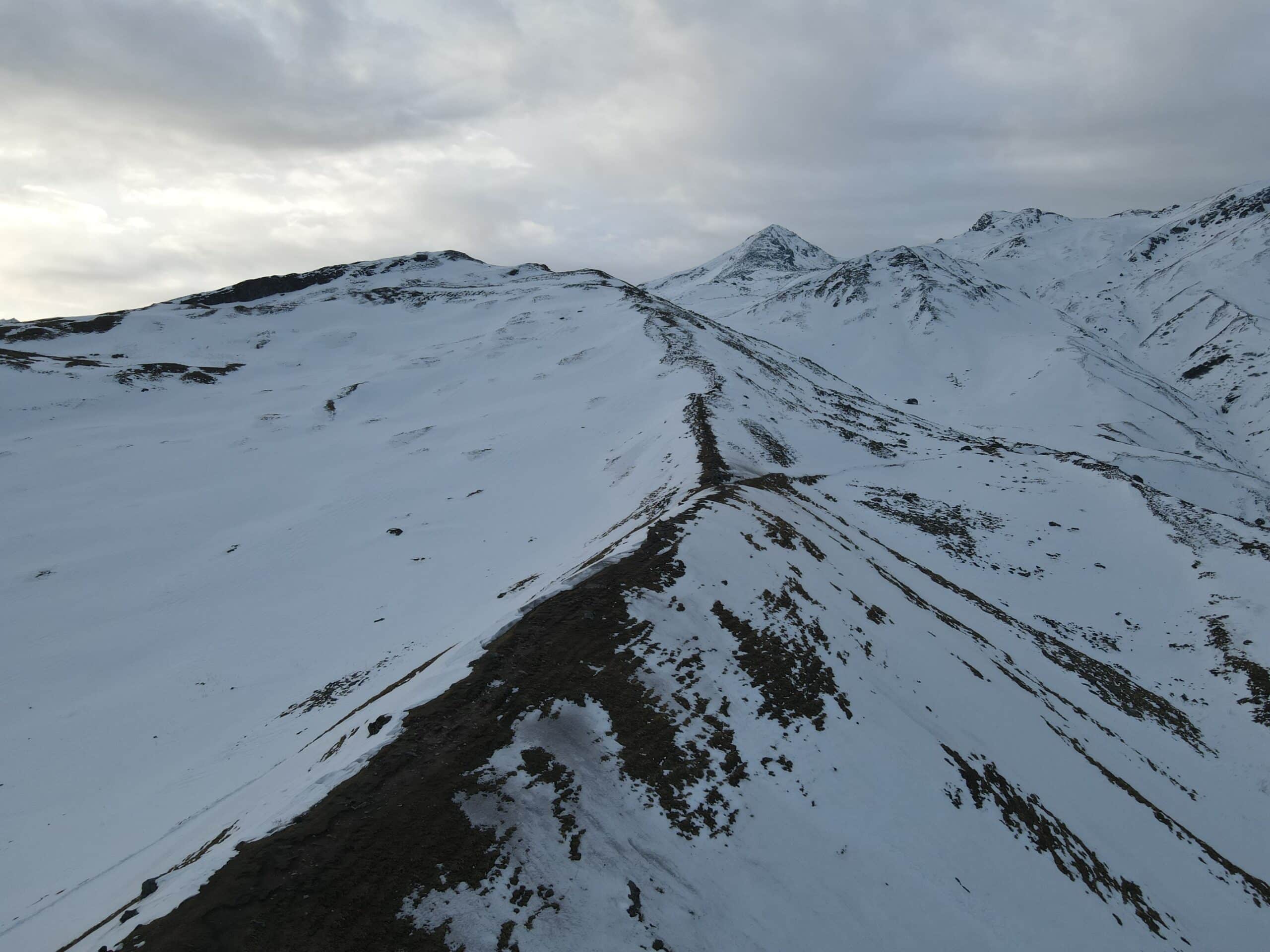Trekking for Wellness: Mind, Body, and Nature Connection
People always say that a walk in nature is the best kind of medicine—and honestly, there’s a lot of truth to that. Getting outside and into the woods, the hills, or even just your local trail doesn’t just help your body—it’s good for your mind, too. It clears the fog, lifts your mood, and actually gives your immune system a little boost.
But here’s the thing: hiking can be more than just exercise. When you slow down and bring a little mindfulness into it, a simple walk can turn into something kind of magical. It’s like the difference between rushing through your day and actually living it. When you’re really present out there—no distractions, no to-do lists—nature has this way of pulling you in and grounding you.
Let yourself feel the world around you. Notice the wind rustling through the leaves, breathe in that fresh, earthy air, feel the trail under your feet (even if it gets muddy!), and take a second to just look around. There’s beauty everywhere—the colors, the sounds, even the quiet has its own kind of music.
Mindful hiking isn’t about distance or speed. It’s about being there, fully. The more you tune in, the more connected you start to feel—not just to the trail or the trees, but to yourself. There’s this calm that creeps in, and suddenly, the stuff that felt heavy back home starts to feel a little lighter.
Whether you’re wandering through a forest, standing at the edge of a mountain, or walking through an open meadow, nature has this amazing way of reminding you that you’re part of something bigger. And in that moment, you’re not just hiking—you’re healing.
1. Mindfulness in Motion
Starting a trekking adventure in India—whether you’re winding through quiet, green valleys or climbing up into those jaw-dropping mountain peaks—is a special kind of experience. One of the first things you notice? The silence. Not the awkward kind, but the kind that feels like a deep breath after too much noise. It’s a world away from the chaos of the city, and honestly, that stillness is healing.
If you can, try unplugging for a bit. Turn off your phone, tuck it deep into your pack, and just be there. Disconnecting from the digital world helps clear your head in a way that scrolling never could. And out there, in the middle of nature’s raw beauty, it’s easier to be present.
There’s something really grounding about the rhythm of walking. With every step, your awareness sharpens. You start to pick up on things you’d normally miss—the crunch of leaves underfoot, birds calling from somewhere overhead, or even the distant roar of a hidden waterfall. All of it pulls you in, reminding you that you’re part of something much bigger.
And yeah, trekking can be tough sometimes—steep climbs, unpredictable weather, sore legs—but pushing through those challenges does something to your mindset. You feel stronger, more capable. There’s a real sense of pride in getting to the top, even if you’re out of breath and covered in sweat.
More than anything, being out in the wilderness brings a kind of peace. It quiets the mental noise, helps you let go of the stress and the constant buzz of everyday life. You start to breathe a little easier, think a little more clearly. The sound of leaves rustling in the wind, the rush of a nearby river, the sweet smell of wildflowers—it all creates this beautiful, natural soundtrack that drowns out the rest of the world.
And in that peaceful space, something shifts. You recharge. You feel more like yourself. And when you return, it’s with a clearer head and a lighter heart.
2. Physical Well-being
If you start blending simple wellness rituals into your hikes—just small things like deep breathing, stretching, or even pausing to really take in your surroundings—it can turn a regular trek into something much more mindful and meaningful. Hiking in the mountains isn’t just great exercise (though it is that); it’s also this amazing way to reconnect with yourself. The fresh mountain air, those sweeping views… it all adds up to a pretty powerful experience.
Physically, hiking does a ton for your body. Your heart gets a solid workout, your muscles are constantly engaged, and your balance and coordination improve without you even realizing it. It’s not just a walk in the park—it’s real, functional fitness, but in the best kind of setting.
If you’ve ever heard of forest bathing, it’s basically the idea of fully immersing yourself in the natural world with a quiet, intentional presence. It’s less about distance or speed and more about being there. Letting nature sort of wash over you. It sounds a bit poetic, but there’s science behind it too—just being in the woods can help lower stress and boost your mood.
And over time, regular hiking can do some seriously good things for your health. It can help lower your blood pressure, improve how well your lungs work, and reduce the risk of heart disease. Plus, since hiking’s a weight-bearing activity, it strengthens bones and muscles—which is great for preventing things like osteoporosis and even improving posture (especially if you’re someone who slouches over a desk all day like me!).
You’ll definitely feel it in your legs, especially your quads and glutes, when you’re climbing uphill. But that’s a good thing—those muscles get stronger, and your endurance builds up. And on the way back down? That’s where your hamstrings and calves kick in, helping with balance and stability. Walking on uneven trails also forces your core to stay engaged, which over time leads to a sturdier, more stable torso. Basically, nature’s gym is doing a whole lot more for you than you might realize.
3. Reflection and Integration
Trekking really does give us something we don’t get much of these days—a real break. Not just from work or your phone, but from all the pressure that comes with daily life. Out there, surrounded by open meadows, thick forests, or towering mountains, everything just feels… simpler. You start to see your worries from a different angle. They don’t disappear, but they shrink a little. Somehow, being out in nature puts things into perspective.
And when you’re removed from all the constant noise—emails, social media, to-do lists—it creates this quiet space where you can actually think. Not just about what’s for dinner or what errands you forgot to run, but the big stuff. Sometimes I find myself thinking about where I’m going in life, what really matters to me, or how far I’ve come. The trail has a funny way of opening up that mental space for reflection and growth.
There’s something powerful about that kind of solitude. It’s not lonely—it’s peaceful. Nature has this way of gently nudging you inward, encouraging you to explore what’s going on inside as much as what’s around you.
And let’s not forget the physical side of it. Trekking’s no walk in the park (well, sometimes it is, but you get what I mean). The physical effort releases endorphins—those feel-good chemicals that lift your mood naturally. You come back from a hike not just physically tired but emotionally lighter. Happier. Calmer. Even a bit more optimistic.
There’s also something to be said about sunlight and fresh air—two things we often don’t get enough of when we’re stuck indoors. Just being outside can boost your mood and help fight off those heavy, low-energy days.
In the end, trekking isn’t just about reaching the summit or ticking off a trail—it’s about coming back a little more grounded, a little clearer, and maybe even a little more you.
4. Embracing Nature’s Serenity
Hiking mindfully really begins with slowing down enough to actually notice the world around you. I mean, really notice it. There’s something deeply calming about being out in nature—where the only sounds are birds chirping, leaves rustling, and your own footsteps on the trail. It’s not about racing to the end; it’s about taking the time to look around and just be there.
Let your eyes wander over the trees, the way sunlight filters through the canopy, the colors of wildflowers popping up along the path. Watch how the wildlife moves when it thinks you’re not watching. It’s all pretty amazing when you take a second to really tune in. And when you start engaging all your senses—feeling the dirt or gravel under your boots, breathing in the crisp air, catching the scent of pine or damp earth—it kind of wakes you up in the best possible way.
Trekking gives you the chance to remember that you’re a part of something bigger. There’s this quiet balance in nature, and being out there reminds you of how interconnected everything is—including you. When you hike with that awareness, it becomes more than just exercise. It’s a full-body, full-mind experience that grounds you, calms you, and sometimes even shifts your perspective.
And the beautiful thing is, it’s accessible to almost anyone. Whether you’re a seasoned adventurer or just starting out, there are trails out there that match your pace. You don’t need to conquer Everest to reap the benefits. Just lacing up your boots and heading into the hills or woods can do wonders for your spirit.
Trekking isn’t just good for the body—it’s like a reset button for the mind and soul. The combination of movement, fresh air, and mindful awareness is powerful. It leaves you feeling clearer, calmer, and more in tune with yourself. And honestly, it reminds you to be thankful—for nature, for your own strength, and for the simple joys that we sometimes overlook.
Plus, spending time in nature sparks a deeper respect for it. The more you fall in love with the forests, mountains, and open skies, the more you want to protect them. Trekking responsibly—leaving no trace, staying on trails, and being mindful of wildlife—isn’t just about preserving the view. It’s about honoring the space that’s offering you so much peace and healing.
So if you’re feeling stuck or just need a breather, go take that hike. It might just be the most meaningful investment you make in yourself.
About Author

Preetam Singh Rawat (Founder)
The person behind this trekking organization is someone who’s spent over a decade – 12 years, to be exact – living and breathing the mountains. With multiple high altitude summits under his belt (we’re talking 6000 to 7000 meter peaks), he’s not just experienced – he’s the real deal.
But what really sets him apart is the sheer number of treks he has guided. He has led over 200 Himalayan expeditions, including well known routes like Bali Pass, Buran Ghati, Rupin Pass, Pin Bhabha, Stok Kangri, and Black Peak. Not just once, but multiple times. So yeah, when it comes to the Himalayas, he knows every twist in the trail and every story the mountains have to tell.
Got questions or want to get in touch? Write to Preetam at preetam@trekupindia.com. He’s always happy to chat about treks, answer your questions, or help you prepare for your next big adventure.
Share this article
Dates For Upcoming Treks
Want To Trek Like Pro?
Basically, watch these videos if you want to trek the same way professional trekkers do and make your skills better. These videos contain useful tips and techniques to further improve your trekking skills itself. These videos actually help both new and experienced trekkers improve their trekking skills. These videos definitely provide useful tips that make your trek better. We are seeing that these videos by Trekup India experts will only help you make your trekking skills better.
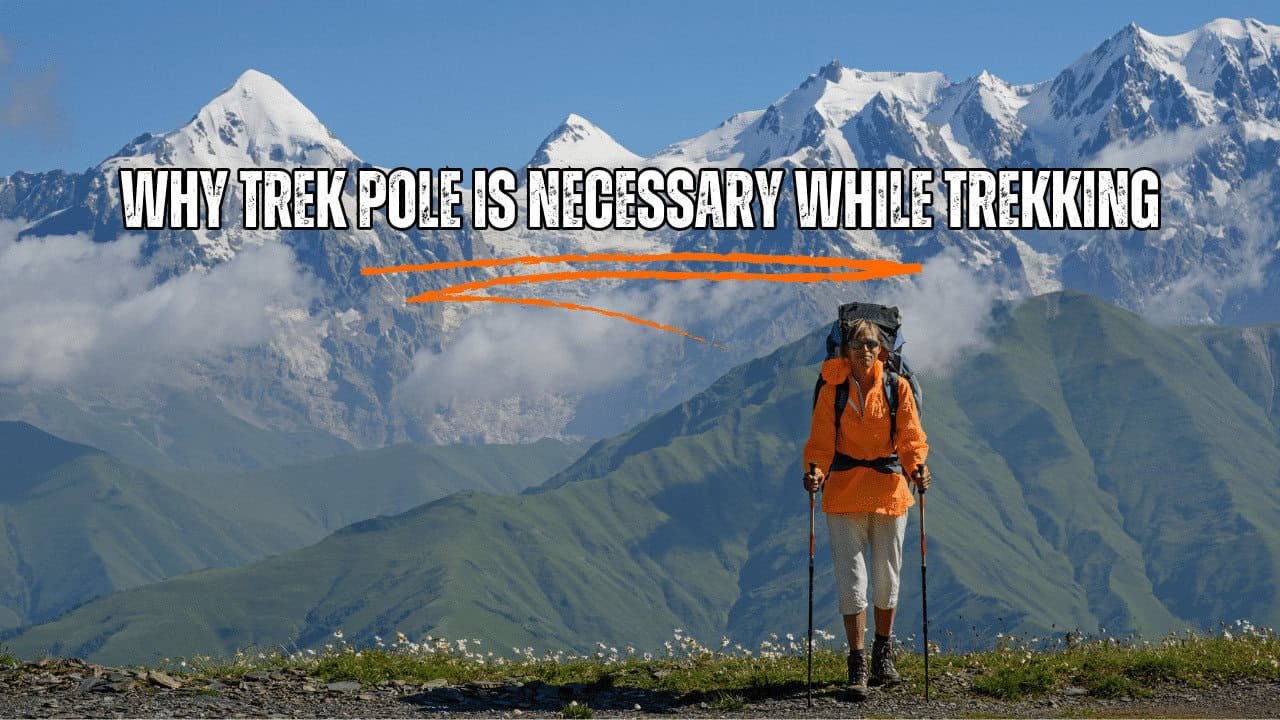




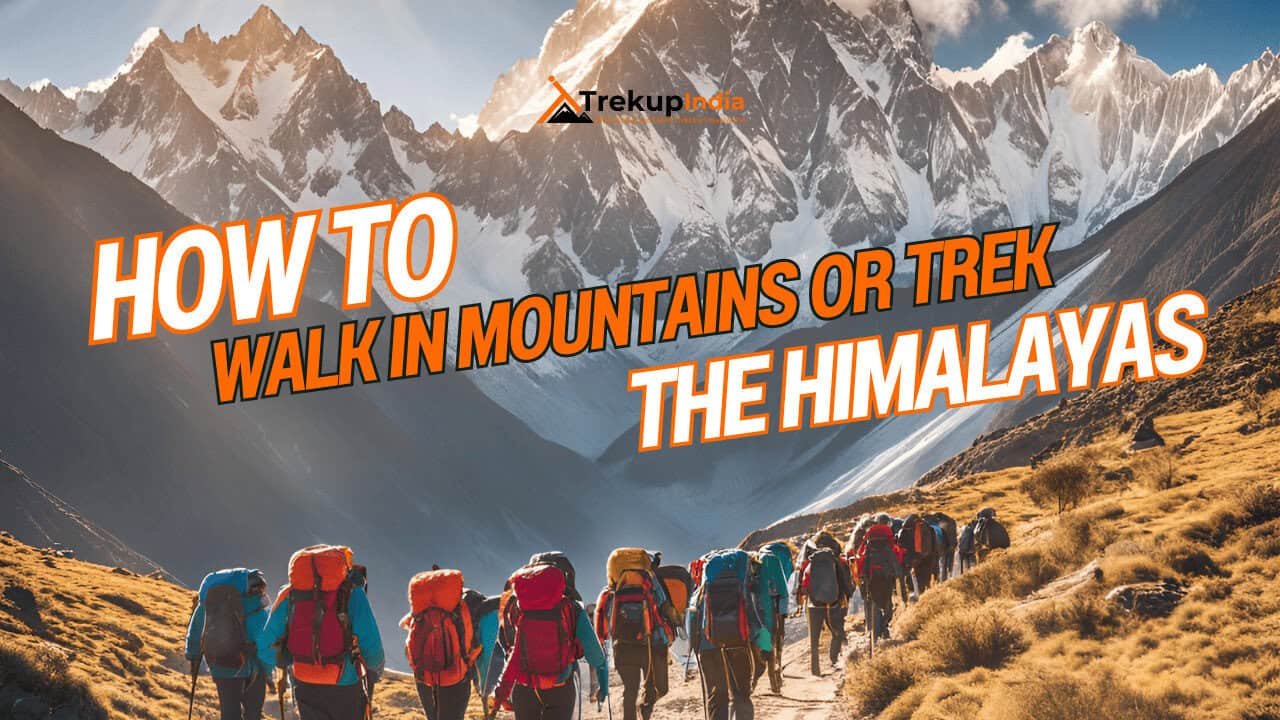

Know Everything About Acute Mountain Sickness
Acute Mountain Sickness occurs when people trek to high altitudes above 8,000 feet. This condition itself develops further due to reduced oxygen levels at such heights. Basically, as you go higher up, the air pressure and oxygen levels decrease, which causes the same problem. Acute Mountain Sickness surely causes headache, nausea, vomiting, and dizziness in affected persons. Moreover, peoples also experience difficulty in sleeping during this condition. To avoid mountain sickness, you should actually trek up slowly to higher altitudes. To learn further about this condition itself, watch the videos by Trekup India.
